
So if you go with a print on demand house, the primary place that your book is going to sell is via the web, therefore your promotions should concentrate on the web. The principles laid out here still apply to any type of book promotion, but it’s especially important for internet-only books.
Principles of Good SEO
It should go without saying that a self-published author should have a blog. Blogs are the best avenue for internet promotion because they contain updated content. Google prizes updated content over a static website. What this means is that just creating a web page that lists a book description and a few review quotes is not nearly enough. You need to aim your book promotion at having Google index a series of pages that all correspond to your book’s major theme.
Let’s take an example. You’ve written a spy novel. Ranking in Google for the term “spy novel” is a challenge to say the least, so anyone typing in that search term is not going to land on your page. This is especially true if you have a static website with perhaps one author quote that says something like, “Great spy novel,” or something of the sort.
Now, if you gear your blog’s content towards important keyphrases, you’ll be much more likely to end up in Google (or another search engine, but Google is king) for important terms. So you could write a series of posts with titles like “Spy Novel Review” or “Best Espionage Thriller Books.” You should be gearing your post titles around topics that would be of interest to anyone who might be interested in your book.
Here’s a tip: the title tag of your post is most important. Take a look at the title of this post: it’s selfpublishingreview.com/…/book-marketing-and-search-engine-optimization. The title of the article is contained in the URL. Many blogs out there mistakenly use the URL title blog.com/pageid=15 or something similar – a number rather than the actual words of the title. This is much less likely to rank if someone types in a certain search term. Lastly, you want to front load your titles with keyphrases, so don’t write a title, “The Other Day I Read a Great Spy Novel,” because “The Other Day” is going to be read by search engine spiders as the most important keyphrase, which isn’t the case.
Finally, any article or post you write should contain important keyphrases, but not so many that it veers into “keyword jamming.” 3% of content is a good measurement. Use a keyword density tool if you’re concerned. Generally, if you write good, informative content, the keywords take care of themselves.
Generating Backlinks
The other problem with a static author or book page is that it’s very hard to generate incoming links, which is one of the main principles of SEO. Other websites just won’t often link to a static webpage. Bloggers, on the other hand, will link to individual blog posts and create sidebar links to blogs, so you have a much better chance of building links and increasing SEO.
Every time you write an important blog post that is related to your book, go to the social network engine, Social Marker, to upload links to a long list of social networks (you have to create a profile at each social network first). These networks do not frown on writers adding their own links and you can get some good backlinks to every post your write. Again, you could go through this process with a static book page, but you’ll do it once and you’re done, as opposed to a blog or other fresh content, which opens up linking opportunities on these networks for each post you write.
Remember, the more active you are on these social networks – adding new links, adding friends, making comments – the more people will visit your page and the more “juice” will come to your profile page, as each comment or friend you make creates a link to your profile. This in turn will improve the ranking capability of all the articles related to your book that have been added to the network.
That’s social networking 101, but it is not something authors always take into consideration. Frequently on author blogs, you’ll see titles like “Good book,” or something else comparatively vague, meaning the author isn’t maximizing how Google will index the post. Marketing isn’t just about buying ads or getting reviews – it’s about playing to the search engines as well.
Get an Editorial Review | Get Amazon Sales & Reviews | Get Edited | Get Beta Readers | Enter the SPR Book Awards | Other Marketing Services










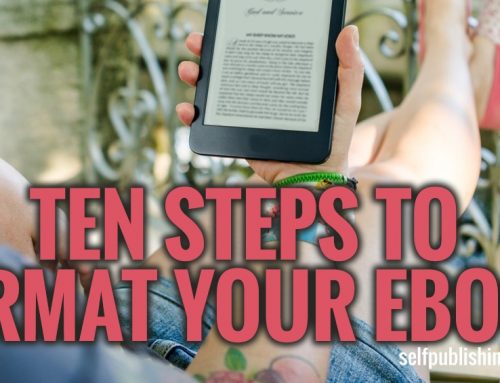

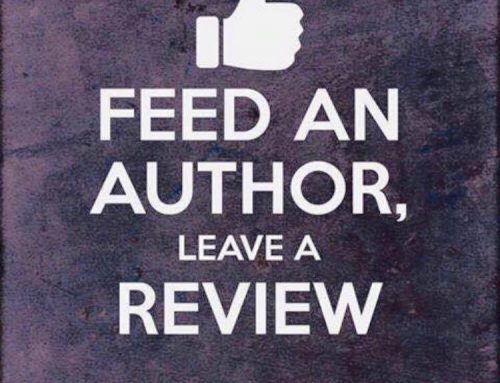


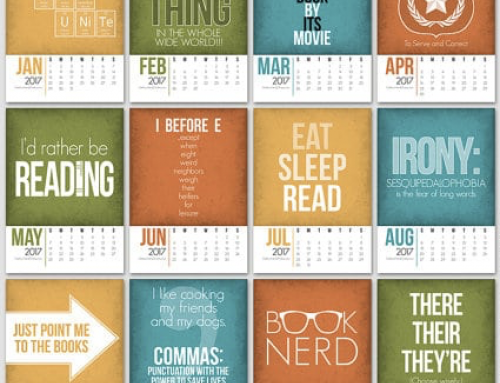

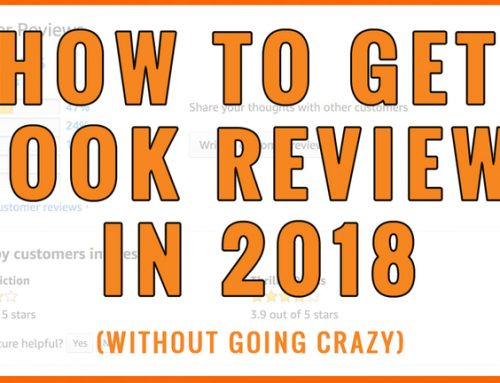

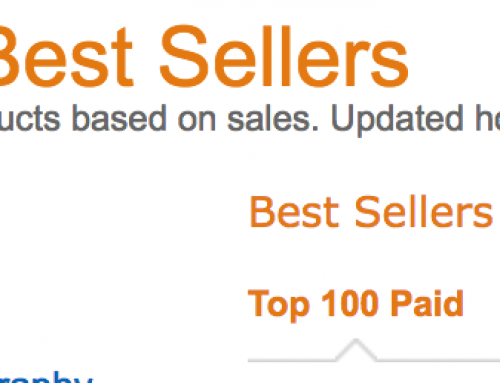

Leave A Comment